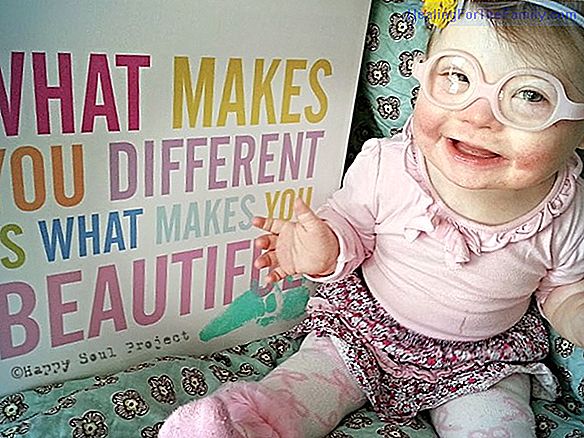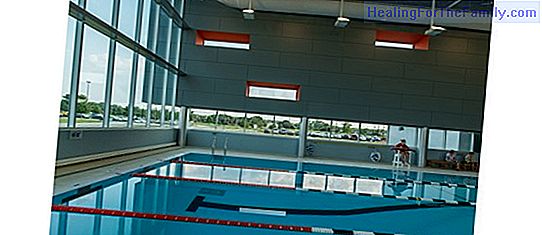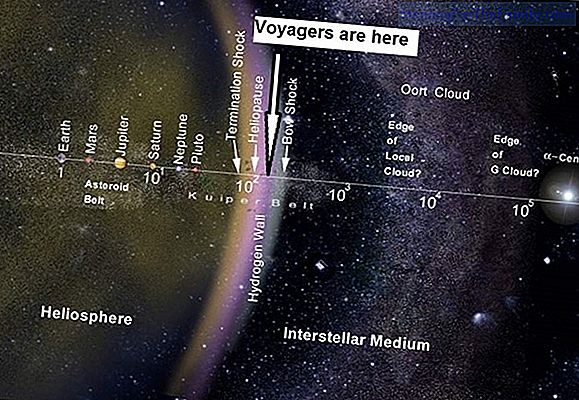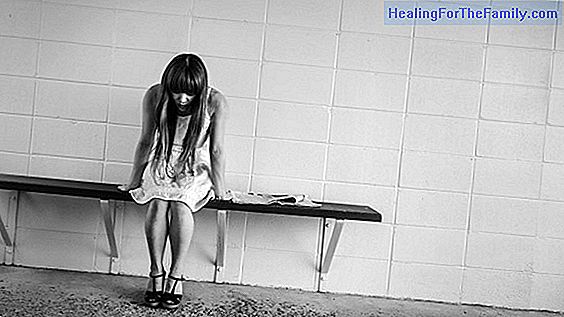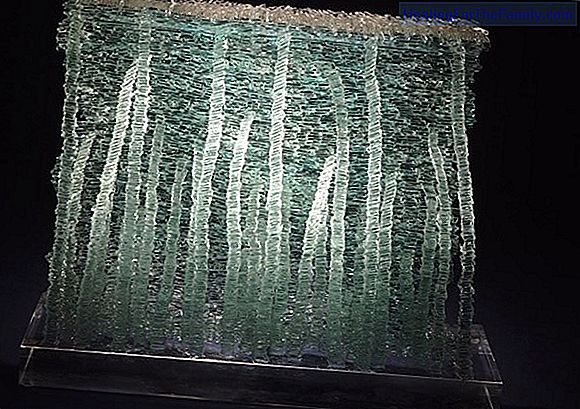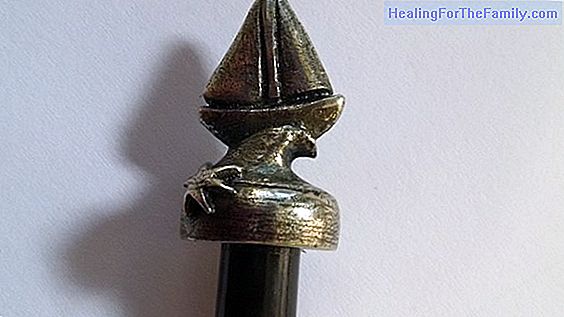How learning disorder is diagnosed in children
Many parents, after some time observing their child's behavior and recognizing symptoms that may hide a Learning Disorder (AT), begin to suspect its existence. When this happens, one of your main questions is what to do next to diagnose your child and help you. Which specialist diagnoses the Learnin
Many parents, after some time observing their child's behavior and recognizing symptoms that may hide a Learning Disorder (AT), begin to suspect its existence. When this happens, one of your main questions is what to do next to diagnose your child and help you.
Which specialist diagnoses the Learning Disorder in children

When parents decide to act to find out what happens to their child, they often do not know which specialist to go to make the diagnosis of a possible Learning Disorder. Given this, we must bear in mind that, although TA have a neurological origin, they have an important behavioral and emotional component. Therefore, the indicated specialist to carry out the diagnosis is usually the psychologist, since in the vast majority of cases there are also emotional problems. In fact, it is a vicious circle where poor school results -provoked by difficulties in areas such as reading, writing or calculation- lead to low self-esteem in the child and dire consequences both in the social and school environment of the affected : they feel they are the last of the class, they get frustrated because they do not progress at the same pace as the rest, and sometimes this makes it difficult for them to have relationships with their classmates.
Although the diagnosis falls primarily on the psychologist, to address this type of disorders is recommended to do so in a multidisciplinary way,
counting with other specialists such as psychologists, psychiatrists or speech therapists . Therefore, it is advisable to go to a center that integrates, in one place, all these professionals to save time between sessions, and help the child become familiar with the environment.What is the diagnosis of the Learning Disorder
Another of the great doubts of the parents during the diagnostic process is to know
what kind of tests will be done to the child . Conventional diagnostic techniques are combined with the newest ones. Thus, the diagnosis could be divided into two parts: evolution and development, and exploration of the child.On the one hand, in the evolution phase we seek to know, through the clinical history, how the psychomotor development and the child's behavior have been from pregnancy to the present. On the other hand, the exploration phase serves to complement this knowledge and, through
different questionnaires , assess the child's current abilities. Some of the most used are:-
Wisc-IV: is a questionnaire used to measure the child's IQ and discard this factor as a cause of poor school performance. -
Prolec and Talec: these questionnaires assess whether the child has a problem with reading or writing, skills affected by disorders such as dyslexia or dysgraphia. -
Bender: is used to know the degree of psychomotor maturation of the child and see if its development is consistent with the age it has. -
D2: with this questionnaire the child's ability to maintain attention is evaluated, helping to detect a possible Attention Deficit Disorder (ADHD). As a complement to conventional diagnosis, they are already beginning to apply
neurometric techniques such as brain mapping or qEEG, approved by the US Food and Drug Administration (FDA), to provide a more accurate diagnosis of Learning Disorders. With this tool you can perform an analysis of the electrical activity of the child's brain to check if there is any area that does not work correctly.

